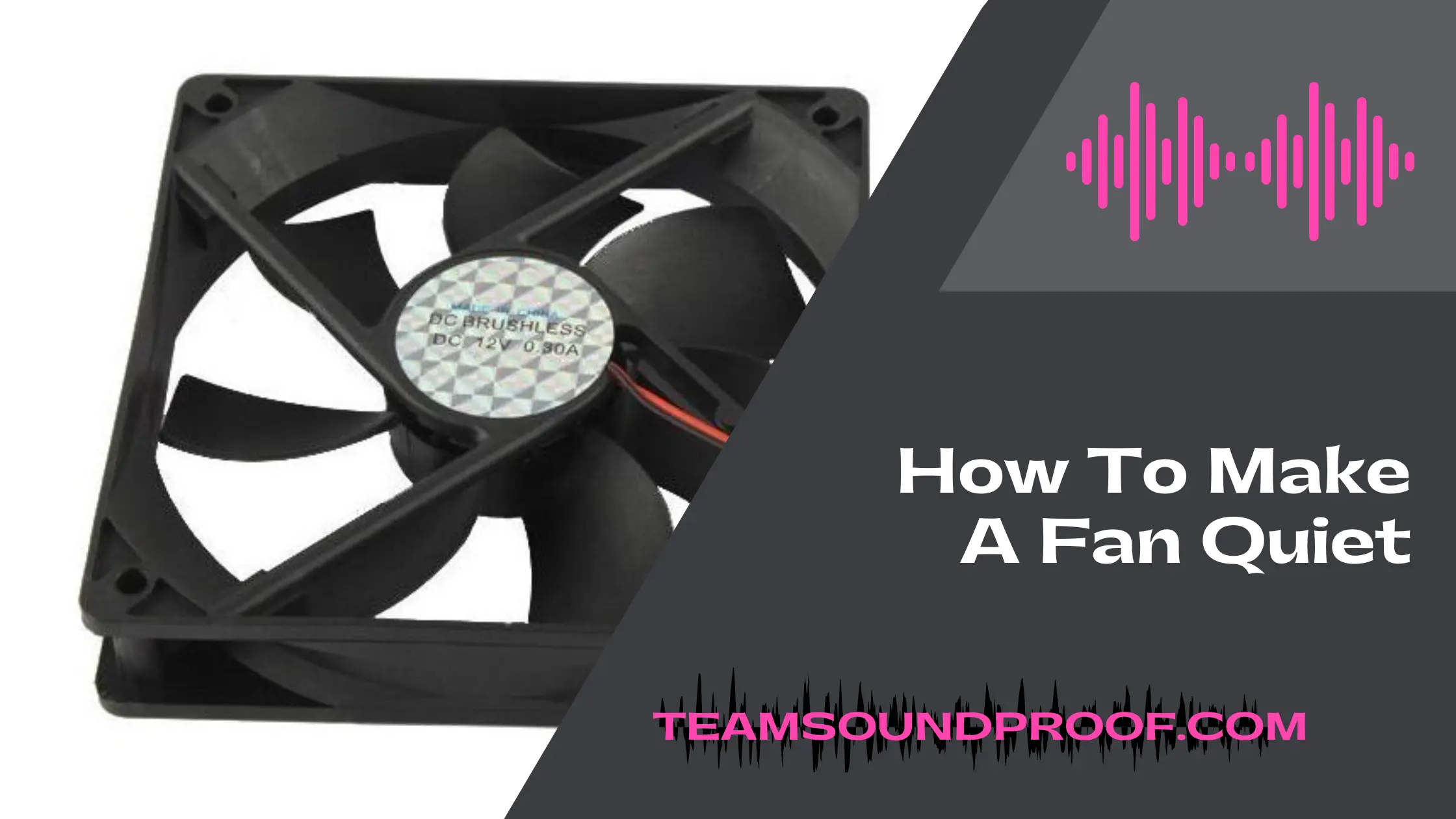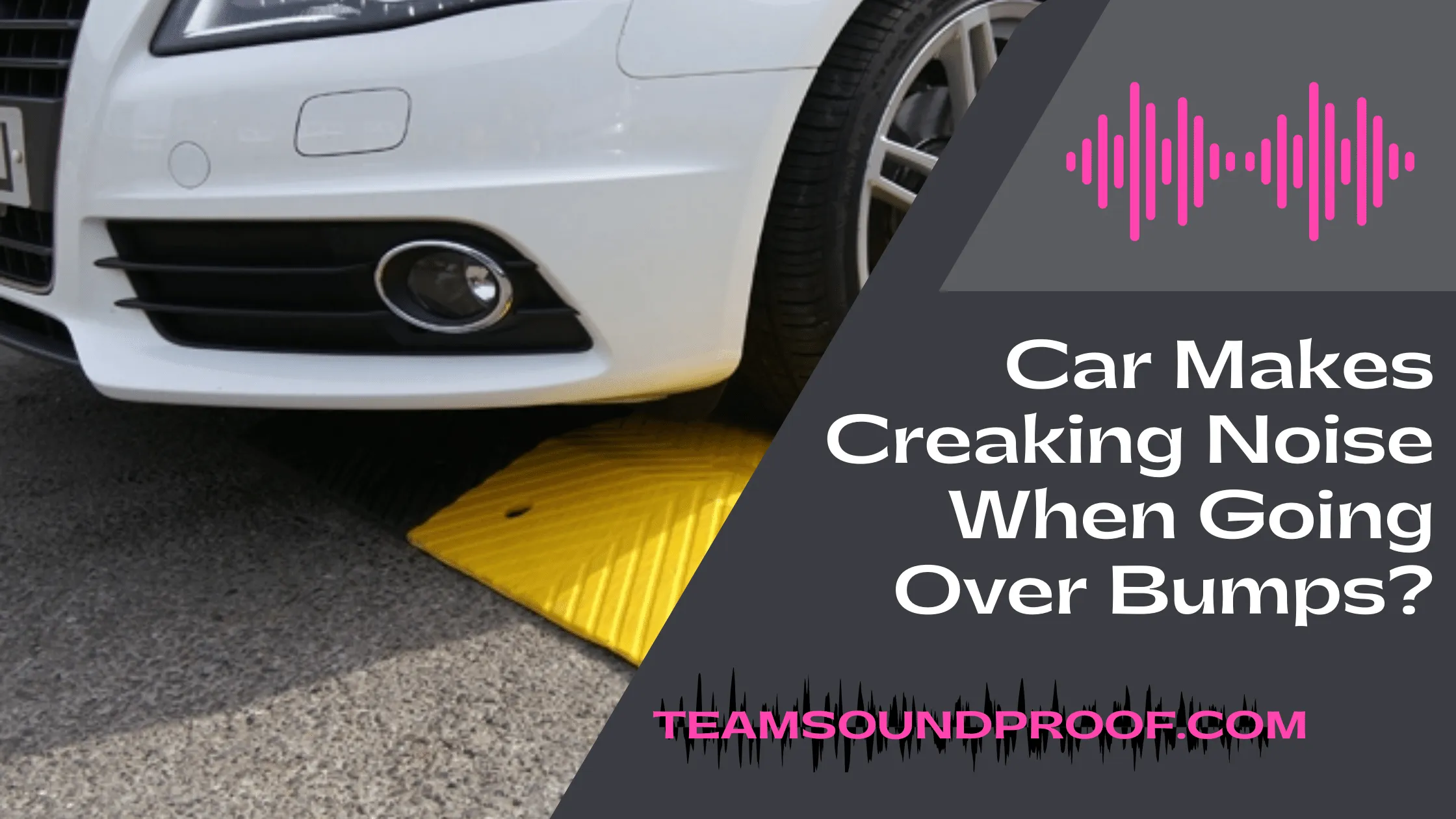A wheel bearing is designed to last for the life of the vehicle. However, if it starts making noise, it may only last for a few thousand miles. If you notice a grinding or humming noise coming from your wheels, have the bearings checked as soon as possible.
Depending on the severity of the damage, they may need to be replaced. Here we’ll discuss how long will a wheel bearing last after it starts making noise.
Average Life Time Of A Wheel Bearing:
Wheel bearings are an important part of your vehicle’s suspension. They help to support the weight of the vehicle and keep the wheels in alignment. Over time, they can become worn out or damaged, causing them to make noise. The average life expectancy of a wheel bearing is around 150,000 miles. However, if it starts making noise, it may only last for a few thousand miles. If you notice a grinding or humming noise coming from your wheels, have the bearings checked as soon as possible. Depending on the severity of the damage, they may need to be replaced.
Different Factors Affecting The Life Of A Wheel Bearing:
There are many factors that can affect the life of a wheel bearing. The type of vehicle you drive, how you drive it, and even the environment you live in can all play a role.
The Type of Vehicle You Drive:
Heavier vehicles put more stress on their suspension components, including the bearings. Cars that frequently travel off-road or on rough roads will also cause the bearings to wear out more quickly.
How You Drive Your Vehicle:
If you frequently accelerate quickly or brake hard, it can put extra strain on the bearings. This can cause them to fail sooner than if you drove more gently.
The Environment You Live In:
Dusty or sandy conditions can shorten the lifespan of bearings by causing them to become clogged with debris. If you live in an area with a lot of salt on the roads, it can also cause corrosion and damage the bearings.
Poor Installation:
If the bearings are not installed properly, it can cause them to fail prematurely. Make sure to have a qualified mechanic install your new bearings.
As you can see, there are many factors that can affect the life of a wheel bearing. The best way to ensure that your bearings last as long as possible is to have them checked regularly and replaced if necessary. If you notice a problem with your bearings, don’t hesitate to take your vehicle to a mechanic. They can diagnose the problem and recommend the best course of action.
How To Know That Your Vehicle’s Wheel Bearing Is Not Working Properly?
There are several signs that your vehicle’s wheel bearings may be failing. If you notice any of these symptoms, have the bearings checked as soon as possible.
Noisy wheels:
A humming or grinding noise coming from the wheels is one of the most common signs of a problem. The noise may be louder when you turn the steering wheel or when you’re driving at higher speeds.
Vibrations:
If the bearings are damaged, they may cause the wheels to vibrate. This can make the ride uncomfortable and can also cause damage to other suspension components.
Steering Problems:
If the bearings are failing, it may be harder to turn the steering wheel. In some cases, the steering wheel may even shake.
Bad or Reused Parts:
If the parts are not original or if they have been reused, it can cause problems. Reused bearings may not be the right size or may not fit properly. This can cause damage to the suspension and other components.
If you notice any of these symptoms, it’s important to have the bearings checked as soon as possible. Depending on the severity of the damage, they may need to be replaced.
What Happens If You Don’t Fix A Faulty Wheel Bearing?
If you ignore the signs of a failing bearing and don’t get it fixed, it can cause serious problems. The damage will continue to get worse until the bearing fails completely. This can lead to a loss of control and a serious accident. It can also cause damage to the suspension and other components. In some cases, it may even damage the tire.
How To Extend The Life Of Your Wheel Bearings?
There are several things you can do to help extend the life of your bearings.
Regular Maintenance:
One of the best ways to prevent problems is to have your suspension components inspected regularly. This will allow any problems to be found and fixed before they cause serious damage.
Avoid Driving Too Fast:
If you drive at high speeds, it puts extra strain on the bearings. Try to avoid driving over 60 mph whenever possible.
Avoid Hard Acceleration And Braking:
Sudden stops and starts can damage the bearings. If you must brake hard, do it gently to avoid putting too much strain on the suspension.
Don’t Drive In Dusty or Sandy Conditions:
If you live in an area with a lot of dust or sand, try to avoid driving through it whenever possible. These particles can clog the bearings and cause them to fail prematurely.
If you live in an area with a lot of salt on the roads, be sure to wash your vehicle regularly to prevent corrosion.
Final Words:
A wheel bearing will usually last around 50,000 miles before it needs to be replaced. If your car is making a noise that sounds like grinding metal, it’s likely that the wheel bearings need to be serviced.
Have them checked out by a mechanic as soon as possible to avoid further damage and costly repairs. Better safe than sorry! Thanks for reading our blog post on wheel bearings. Have a great day!






